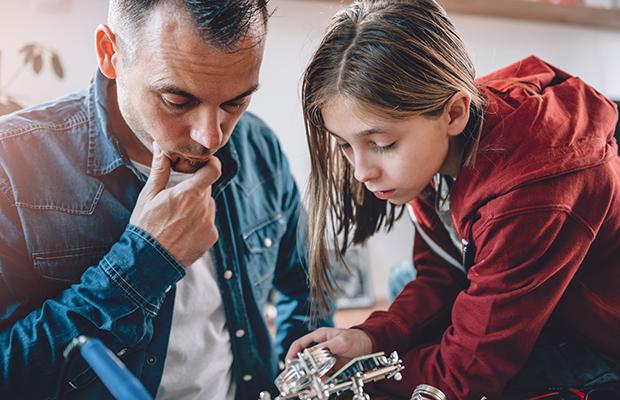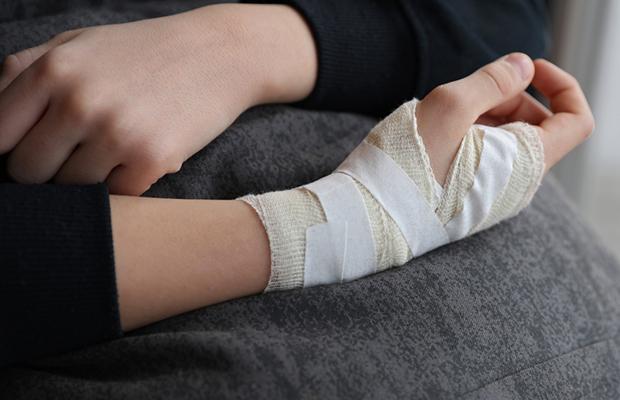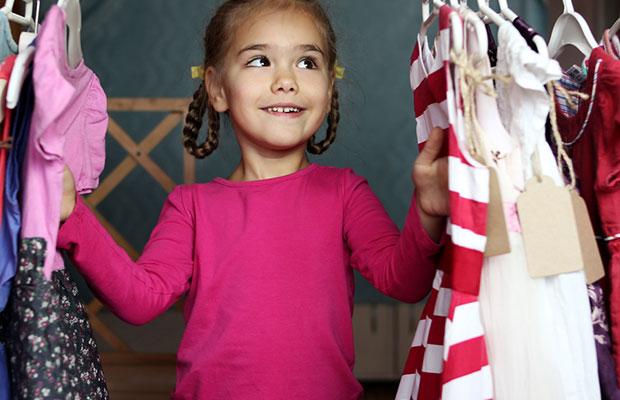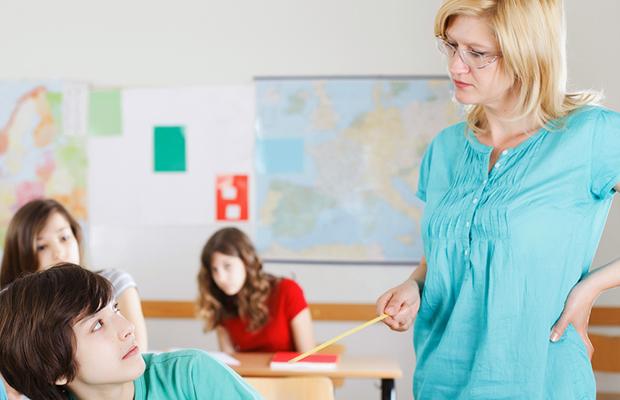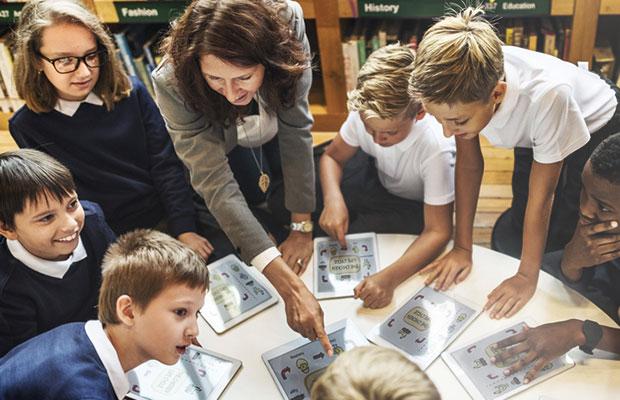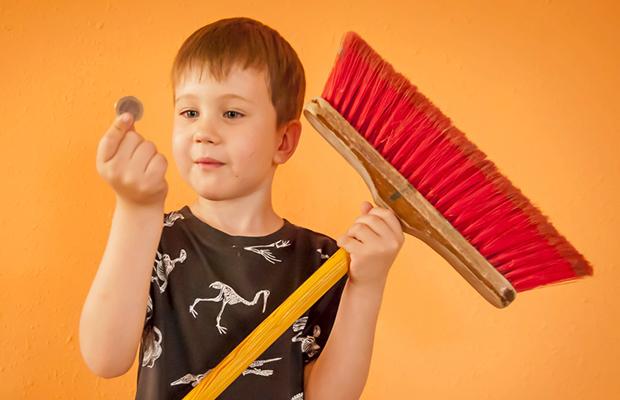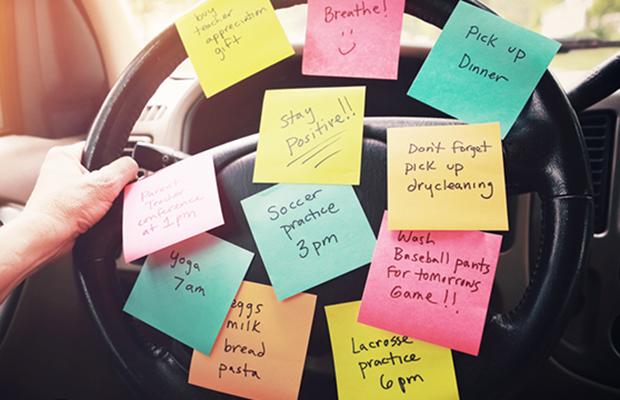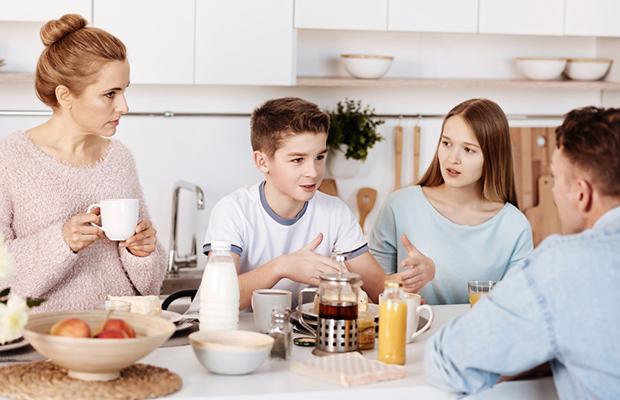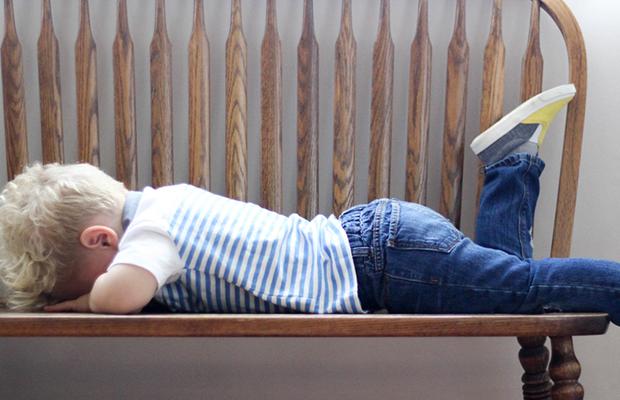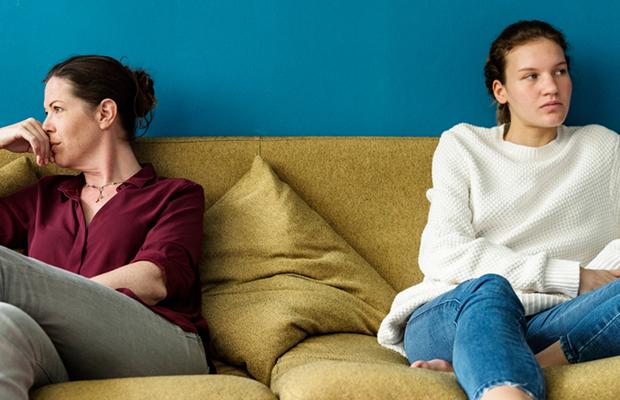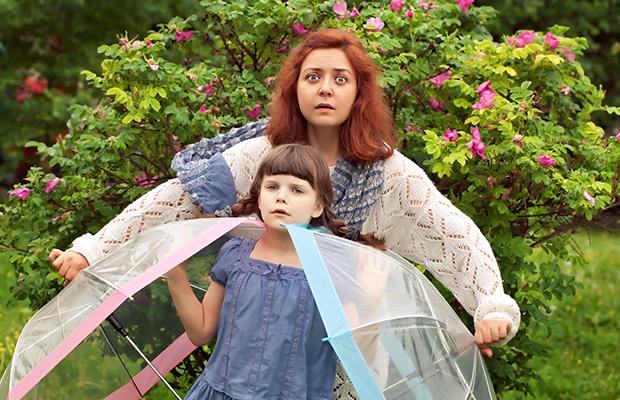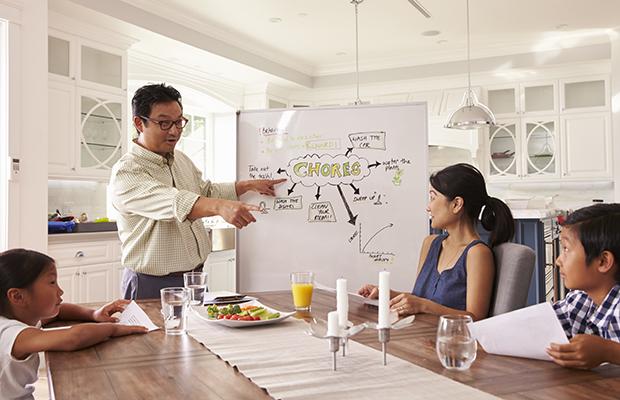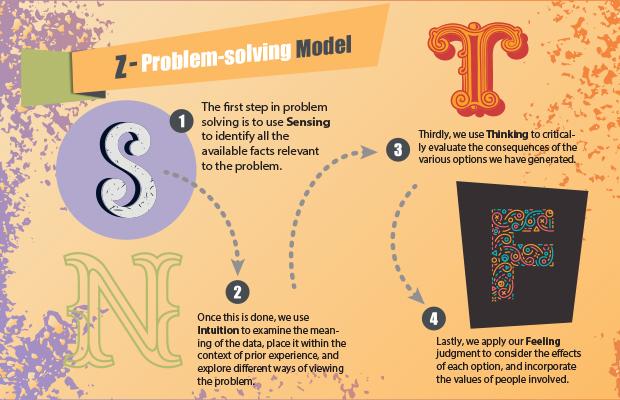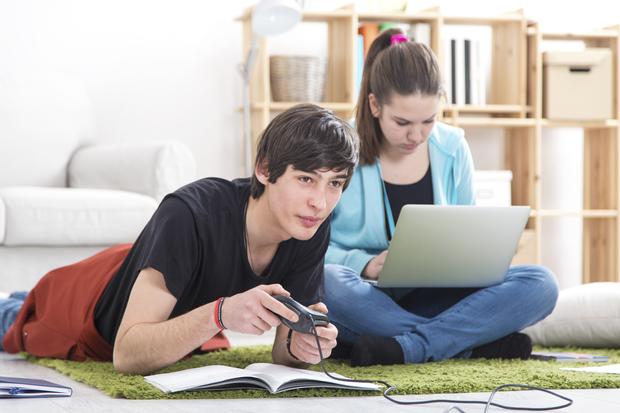Personality Type and What’s Next After High School?
It's that time of year, and in spite of the pandemic, planning for next year is under way. After sitting with counselors, mentors, and parents, exploring all sorts of colleges, universities, gap-year options or entering the military service, some high school seniors are beginning to make decisions. Some are looking at careers and occupations, others have toured institutions on-line and (maybe) in person. They have accumulated a lot of personal information. They've invested in a good deal of self-searching about the future.
That search for clarity brings up the idea of preferences and personality type. How can we use results from the MBTI® or MMTIC® type assessments to help shape the post-high school study and career search?
Not long after my own four children completed various work and college paths, I began working with high school students as they embarked on the post-high school quest. One reason I took the work is that many of my adult clients remarked that if they had experienced an MBTI feedback session earlier, their lives may have been different. Another reason: some parents experience the on-going, months-long effort as very challenging. Some are ready to have the process roll along while they contribute from the sidelines when appropriate.
I've learned over the years that although there's not a clear dotted line leading from a particular type to a particular course of study, college, or career, students discovering their type with a mentor can gain valuable insight about their choices. At a minimum, as part of a complete profile, MBTI or MMTIC results can begin to reveal subtle differences between students who, on the page, look pretty similar.
Here's a recap of two students who had similar grades, GPAs and progress through high school. Along the way, both enjoyed math and were competent at it all the way through calculus. Both were members of the drama club for a number of years, one as stage manager the other in lighting. In extracurricular clubs and sports, they were chosen as leaders by their peers. By the time senior year arrived both were looking at electrical engineering.
One claimed INFP preferences, the other ISTJ. Knowing about personality type was helpful during discussing and selecting a final college. We dug into what kept them engaged in electives and extracurricular activities. The ISTJ student imagined continuing tech projects while the INFJ was curious about pottery, drumming and off-campus offerings such as art and theater. For the latter in particular, it made sense to at look at what universities, campus-sharing colleges, and metropolitan settings might provide.
However, there's a richer and much more beneficial use of the MBTI or MMTIC experience in the post-high school search. It goes "beyond the code." Beginning before the fall of senior year, we can blend the feedback session with the problem-solving model and offer a repeatable process for future decisions and career searches. This process provides structure for meaningful conversations as the progression goes back and forth between seeking and deciding.
The perception phase of a feedback session opens a discussion about learning habits vs. cognitive habits. It widens the search to additional career fields and work environments. It invites questions about hopes and dreams. It helps hold off hasty decisions. The judgement phase provides space to examine academic and life values and for-profit and non-profit worlds. It allows for discussion about the "why's" behind extracurricular likes or dislikes. The structure offers opportunities to explore inner and outer influences. Type processes becomes active, and they don't stand alone.
So yes, knowing about personality type can be helpful as part of the post-high school search ?as long as it's not used stringently or in a limiting way such as "matching" a certain type to a particular institution, or field of study, or occupation. In my mind, high school students (and perhaps all of us) get the most from learning about personality preferences if we remember to "hold type lightly." Personality type is only one part of any endeavor ? it's not the only thing.



_thumb.png)











